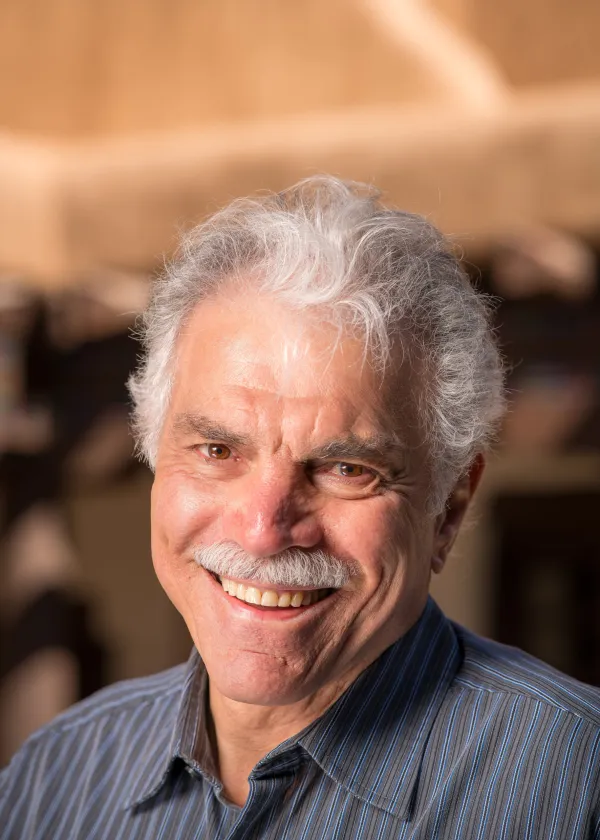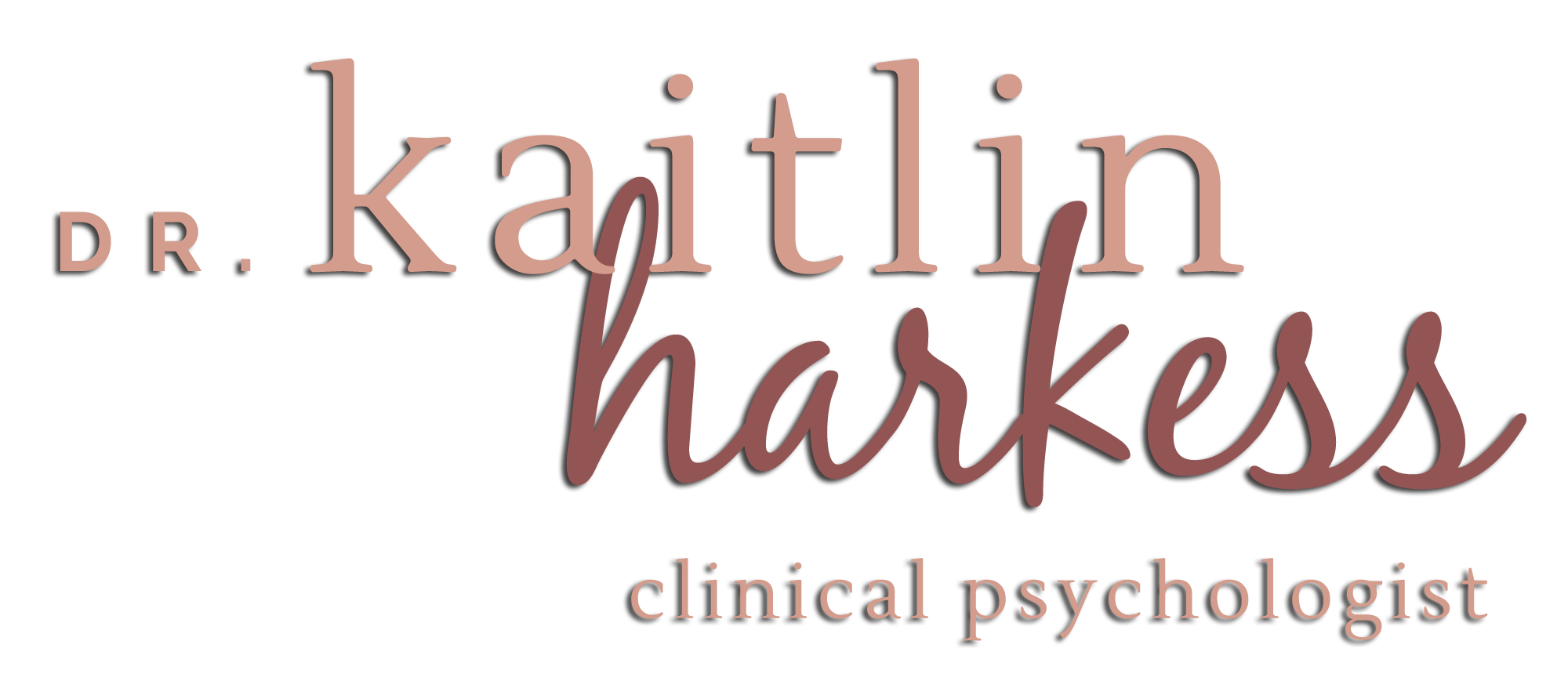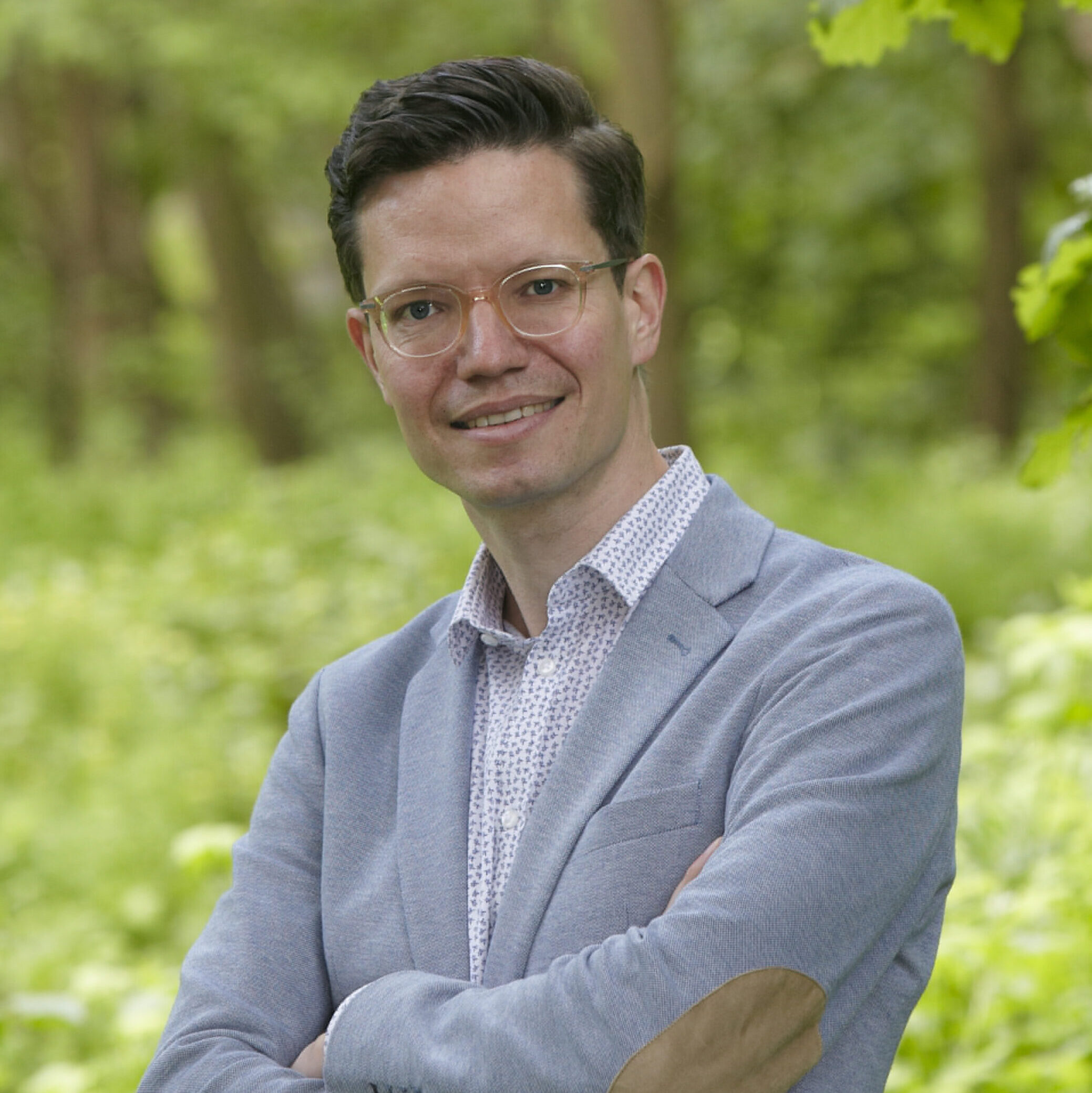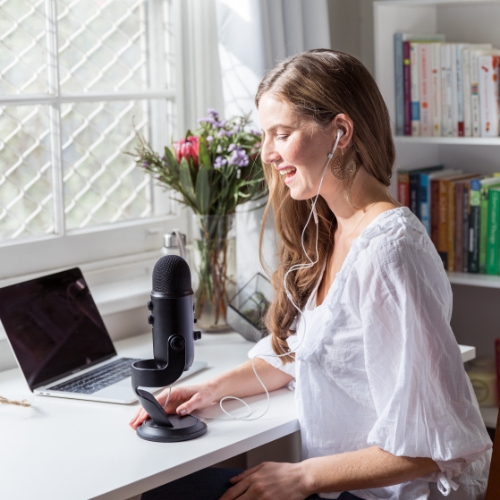Welcome to the second episode of the Wisdom for Wellbeing Podcast. On this episode I interview Dr. John Arden, a brilliant author and leader in the field of integrative psychotherapy.
This episode is particularly special for me, as I have been following Dr. Arden’s work for many years, since I first read Rewire Your Brain Think Your Way to a Better Life. As you will see in the episode, Dr. Arden is able to take complex concepts from psychotherapy, neuropsychology, epigenetics, psychoneuroimmunology, and nutritional neuroscience and present them in an easily accessible manner. This means that you will have the knowledge to implement these evidence-based practices to cultivate more calmness and connection in your life.
I just want to remind you that as this is the first week of the Wisdom for Wellbeing Podcast – I’m celebrating by releasing multiple episodes! So subscribe, and keep your eyes open for the next episodes.
We also have some really cool contests happening on social media (January 2020) where you can win some beautiful gifts to support your wellbeing journey, so head to @drkaitlin on Instagram or @wisdomforwellbeingpod on Facebook to connect. You will find links to the amazing companies involved at the bottom of the show notes, as well as the T&Cs.
What is covered in this episode:
>> The SEEDS approach to good health: Social, Exercise, Education, Diet, and Sleep
>> Social: Early experiences, such as your attachment, can impact brain development and your epigenome, and how later life experiences, including therapy can also have an epigenetic effect.
>> Exercise: This is the “most powerful” of all the components. Dr. Arden describes how he has implemented a cardiovascular boost “minimal dose” by structuring his environment, and how exercise supports you to get energy (even if you’re tired!) and is the best antidepressant and anxiolytic! (That means, it decreases symptoms of depression and anxiety.)
>> Education: Why learning new things is important for brain health and how it supports your adaptivity (i.e., mental flexibility).
>> Diet: How what you eat affects your neurochemistry, and what the best diets are to support your mental health and gut bacteria. Dr. Arden also shares that there is more DNA in your gut that is not you, than is in your cells! He also shares concerns around the most consumed vegetable in the USA.
>> Sleep: What makes for quality sleep, and how this impacts different components of your health.
>> The FEED approach to learning: Focus, Effort, Effortlessness (stay on behaviour long enough to make it effortless), and Determination
Links Discussed
- Dr. John Arden’s webpage and books
- Dr. John Arden’s Australian workshops
Next episode:
In Episode 3, Dr. Jessica Borushok discusses how you can cultivate a meaningful life, even with the emotional pain that comes with being human. In fact, Dr. Jessica sheds light on the universality of pain – beyond the Instagram highlights you see. She explores how your ‘busy mind’ can take you away from the present-moment and practices you can use to notice what is happening in the moment, including yoga!
Jessica Borushok, Ph.D., C.Psych. is a registered clinical and health psychologist, author, and wellness enthusiast who works in private practice. Author of numerous books on Acceptance and Commitment Therapy (ACT), including the award-winning book, The ACT Approach, Dr. Jessica provides ACT trainings for mental health professionals and brings ACT to the public through Busy Mind Reboot. Dr. Jessica founded Busy Mind Reboot to help individuals access affordable methods of learning evidence-based practices, tools, and skills to get unstuck from their busy minds and live their best self.

Dr John Arden
Dr Arden is a leader in the field of integrative psychotherapy– In fact he has written over 15 books for exploring the links between psychotherapy, neuropsychology, epigenetics, psychoneuroimmunology, and nutritional neuroscience In addition to research-based books for therapists, he writes very practical self-help books. In addition to a renowned author and teacher, Dr. Arden has been working as a psychologist for over 40 years and developing mental health programs including leading one of the largest mental health training programs at the Kaiser Permanete, where he worked as Norther California’s Regional Director where he supervised over 150 interns and postdoctoral psychology students.



